GSA’s OneGov Strategy Is Reshaping Federal IT Procurement for VARs
The General Services Administration (GSA) is flipping the script on traditional IT procurement with its new OneGov strategy. Announced in April, OneGov aims to establish direct relationships with Original Equipment Manufacturers (OEMs), fundamentally shifting the role of Value-Added Resellers (VARs).
Rather than purchasing IT solutions through resellers, GSA is now contracting directly with OEMs such as Microsoft, Adobe, Elastic, Google, and Salesforce. This change will significantly impact how VARs do business with the federal government, and VARs outside of the IT space can use this shift as a signal to prepare for OneGov’s eventual expansion into other industries.
Understanding the Shift
Traditionally, VARs have served as the primary conduit between OEMs and federal agencies, offering vital services including market access for OEMs unfamiliar with federal procurement and integration, customization, training and technical support.
Under OneGov, however, the federal government wants to contract directly with OEMs to reduce inefficiencies, improve cybersecurity accountability, and eliminate price inconsistencies. GSA is “flipping the relationship” from resellers being the prime contractors to OEMs holding that position, with VARs supporting them as subcontractors or authorized partners.
This change also seeks to address a long-standing security issue. When cybersecurity or functional problems arise, GSA or the federal customer currently has no contractual leverage to deal directly with the OEM. OneGov proposes that working directly with the OEM will fix this problem.
What Does This Mean for VARs?
OneGov allows resellers to continue offering high-value services including onboarding, training, and integration but the “privity of contract” will now lie with the OEM. This change plans to shift the liability from resellers to the OEM when something goes wrong.
Still, the impact on traditional business models could be significant. Instead of holding the primary contract, resellers may find themselves negotiating partnerships and subcontracts with OEMs, relationships they once controlled.
What Should VARs Do Now?
Given the expected trajectory of OneGov, VAR’s need to strategize their future in the federal marketplace. Proactively reach out to your OEM partners to understand their OneGov strategy. Negotiate roles as authorized partners or subcontractors early, before competition increases. Work directly with the OEM partners to sell your services and try to team with them as a subcontractor for the services you provide. Now is a time to redefine your value proposition and highlight your unique services like onboarding, user training, rapid deployment, and federal compliance support. Show how your team reduces time-to-value and simplifies complex implementations. There are OEM’s who don’t have familiarity working directly with the federal government at this scale, and it is logical they will rely on their partners to help navigate these changes.
Now is the time to prepare to transition some of the prime federal work to a subcontractor model. Build legal and operational infrastructure for subcontracting. Align your pricing, compliance, and service models to fit OEM-led contract structures. Assess how many contracts you currently hold as a prime and identify which ones might be impacted and plan transitions where necessary.
With change comes possibility so use this time to educate your sales and BD teams. Update your teams on the changing procurement model and arm them with messaging that addresses concerns federal clients may have about continuity and support. Use your sales and BD teams to expand your consulting and integration offerings and shift the mindset from being product-centric to being solution and service-centric. Position your firm as the bridge between OEM tech and government mission needs.
While OneGov restructures how federal IT is purchased, it doesn’t eliminate the need for trusted partners. In fact, OEMs will still rely on resellers to provide essential services that they themselves may not have the bandwidth or federal expertise to deliver. These roles not only continue to add value but also help agencies achieve faster, smoother adoption of new tools and platforms.
That said, the shift does come with real challenges. Some VARs may experience reduced profit margins, loss of direct customer relationships, or a need to adapt quickly to new subcontracting models.
By doubling down on your strengths of agency knowledge, integration expertise, and responsive service, you can maintain and even grow your federal footprint. Acting now to reposition your company as an indispensable partner to OEMs is the best way to mitigate risk and embrace the opportunities ahead.
OneGov doesn’t mean you’re out—it means your role is evolving from prime to specialist. You now have the chance to strengthen your relationships with OEMs and position yourself as an essential partner who understands federal customer needs better than anyone. Use that institutional knowledge and your service capabilities to continue delivering value in this new procurement era.
